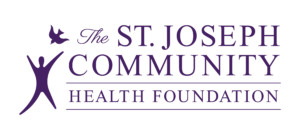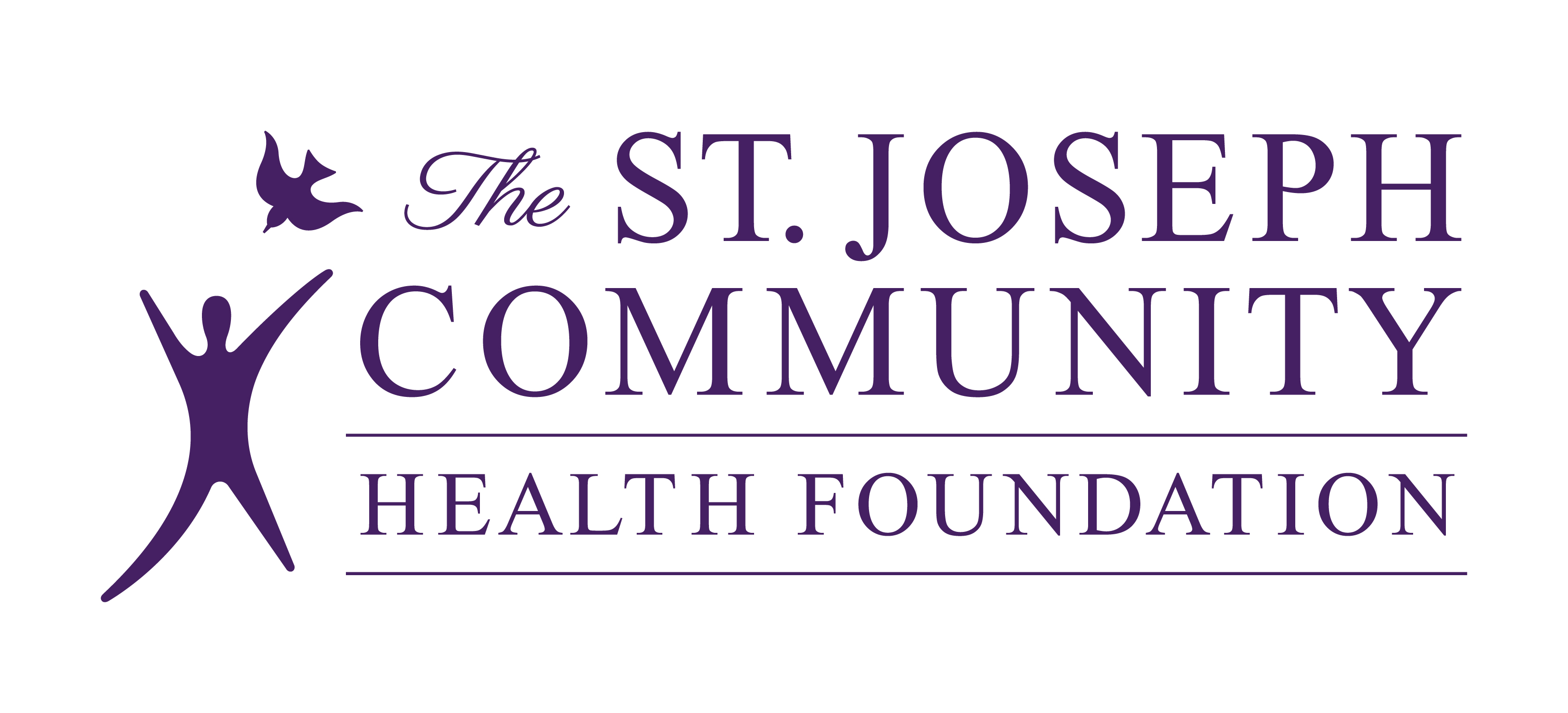Fort Wayne, IN – December 5, 2017 – Mental Health America of Northeast Indiana (MHANI) has been awarded a grant in the amount of $3,200 by St. Joseph Community Health Foundation. The funds from this grant will be used to support Wellness Recovery Action Plan (WRAP) Facilitation training.
WRAP is an 8-week long class created by the Copeland Center and is listed in SAMHSA’s National Registry of Evidence Based Programs and Practices. Each class is led by two Certified WRAP Facilitators. Classes target those in recovery from mental health conditions, substance use, trauma, and/or loss. WRAP Facilitators offer education and facilitate group discussions with a goal of helping individuals take control of their recovery, grow their resilience, and create their own personal plan to get and stay well. Participants work as a group and independently to identify personal strategies for self-care, coping skills, recovery tools, and a crisis plan (should one be needed), leaving with a self-determined WRAP plan.
Support from St. Joseph Community Health Foundation will allow MHANI to host a facilitator training to teach peers how to facilitate WRAP classes. By training more WRAP Facilitators, MHANI is hoping to encourage more use of WRAP in Allen County and Northeast Indiana.
“We have been providing WRAP classes to homeless shelters and transitional housing since December 2016. We are excited for the opportunity to expand the use of WRAP in Northeast Indiana,” Lisa Smith, Executive Director, stated. “WRAP has been proven time and time again as an effective intervention, and we hope to pave the way for greater use of it in our community.”

The St. Joseph Community Health Foundation, sponsored by the Poor Handmaids of Jesus Christ, stewards resources to respond to community needs with grants, leverage collaboration with community partners, and engage in transformational initiatives. They serve the poor in body, mind and spirit to achieve quality health and wellness, focusing on the community of Allen County, Indiana and may respond to needs among other underserved populations.
Learn more about Mental Health America’s Peer Support program here.

